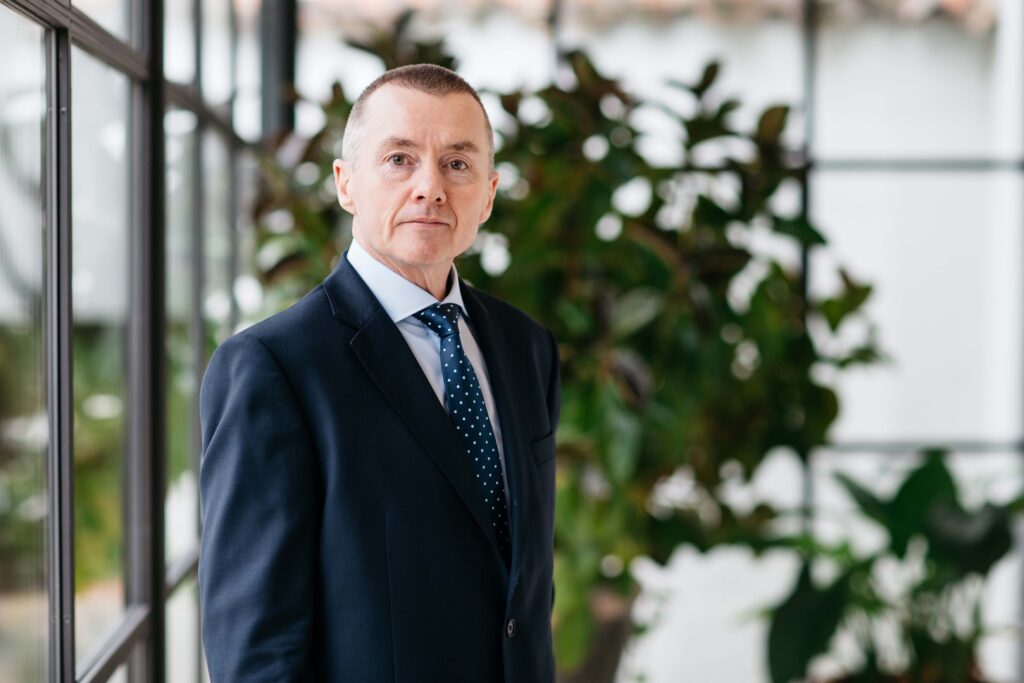IATA chief Willie Walsh talks about airline industry’s prospects
Contributors are not employed, compensated or governed by TDM, opinions and statements are from the contributor directly

As COVID-19 grounded international travel, commercial airlines knew they would have a turbulent time ahead, and as restrictions continue, the situation is still up in the air.
The aviation industry measures its performance by revenues per passenger-kilometre, and this – according to the International Air Transport Association (IATA) – nosedived 66% last year, compared with 2019. Airlines are expected to lose around USD48 billion this year alone, with final estimates only growing.
IATA’s figures also show that airlines are struggling despite having cut back on costs, reduced their fleets and taken on commercial loans. But for some parts of the world where infection rates are low, change is in the air – large Chinese and U.S. firms are said to be brimming with confidence.
The hunger for travel is beyond doubt, but with the sector in hundreds of billions of dollars of debt, there is a concern many airlines will be unable to stay for the long haul to see their profits rise again. There is also the issue of the need for a greener, more sustainable future for air travel.
Willie Walsh is the director-general of the International Air Transport Association (IATA). He’s also the former CEO of the International Airlines Group (IAG), as well as former CEO of two major airlines – British Airways and Aer Lingus.
Walsh began his aviation journey aged 17 when he became a cadet pilot at Ireland’s Aer Lingus in 1979, eventually becoming a captain in 1990. He soon rose through the ranks and was appointed chief executive of its Spanish charter airline Futura in 1998, before becoming CEO of Aer Lingus in 2000. This became a time of great financial struggle after the 9/11 terror attacks the following year, which prompted Walsh to lead a radical restructuring, eventually returning it to a profit-making airline.
Walsh faced further economic turmoil after joining British Airways in 2005 when 2008/09 Global Financial Crisis hit. He went on to serve as CEO of the International Airlines Group (IAG).
Despite his retirement plans in 2020, he decided to offer his experience to help steer the aviation industry through the turbulence of the COVID-19 pandemic, taking up the position of director-general at IATA, promising a more resilient and sustainable outlook for the sector.
WHAT DOES WILLIE WALSH SAY?
About travel requirements, Willie Walsh admits the lack of consistency and uniformity is “frustrating” for travellers:
“The variation in requirements from country to country is astonishing. You would have thought, particularly the EU, that this was a perfect opportunity for countries to come together and apply a common set of standards.
“The good news, however, is in markets where we see these restrictions being relaxed or removed, we see an immediate response in travel demand. So I’m confident that things will improve as we go through the remaining months of 2021 and then hopefully get better still in 2022.”
When asked by The Agenda’s Stephen Cole about whether governments and airlines were working together to achieve carbon neutrality, Walsh said progress would require a global team effort:
“The industry cannot do this on its own. We need everybody to play their part. We think there’s a strong case for governments to support the development of sustainable fuels in the same way as they supported the development of sustainable fuels for road transport.
“It’s not good enough that they are committing to net zero, expecting the airlines to pay the bill. We demand better performance from both the engine manufacturers and the aeroplane manufacturers, air traffic control providers.
“This is a scandal. The situation in Europe is incredibly frustrating.”
WHAT’S NEXT?
The IATA director general says that despite the pandemic, he is “very confident” that the airline industry will be in a better position coming out of the pandemic:
“I’m delighted to see that the industry remains totally committed to addressing the environmental performance going forward.
“There’s no question in my mind that this industry is led by people who genuinely want to ensure that we have a viable industry financially, but more importantly, a viable industry environmentally. And that gives me great confidence in the future of the industry.”


Comments are closed.